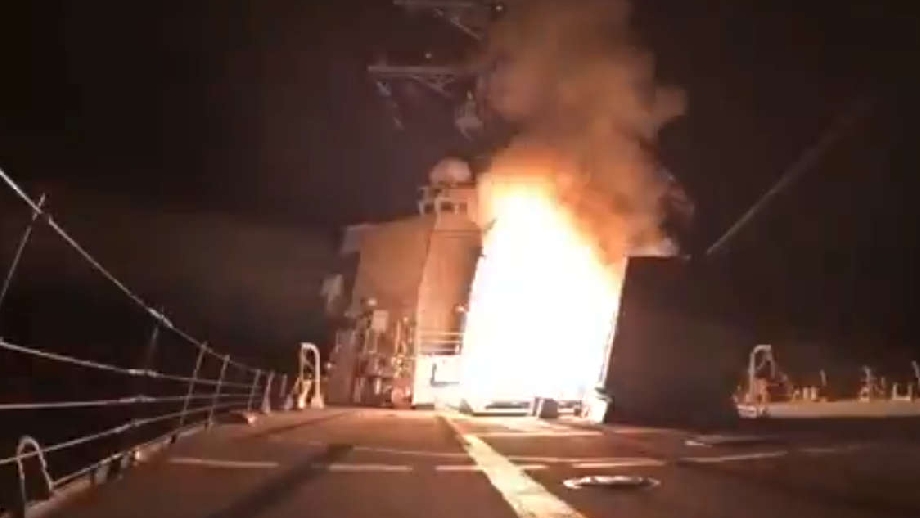The current state of insecurity in Nigeria suggests that the government’s method of tackling the challenge has been ineffective. Despite the authorities’ proclaimed efforts and statistics about neutralised terrorists, it is more evident than ever that their best has not been good enough. The Boko Haram crisis, which emerged in the early 2000s, has been followed by several mutations of terror. Armed groups have been creeping steadily and stealthily southwards under various guises. Unless new and radical approaches stop them, states in the southern regions could face even greater threats than those they have recently encountered.
While no region has ever been entirely free from insecurity, the North, over the past two decades, has earned the unfortunate reputation as a hotspot for terrorism. Consequently, the region became the primary focus of news about the operations of security agencies, feeding the public with details of deployments, airstrikes, and other missions. Regrettably, this cat-and-mouse scenario appears to be replicating itself further south, as terror merchants—bandits, killer herders, and other criminals—turn Kwara, Kogi, and Niger states into killing fields.
On December 6, 2023, the Nigerian Air Force (NAF) confirmed it had neutralised scores of terrorists, including the notorious kidnap kingpin Yellow Jambros. Notably, the Air Force explained that Jambros and his cohorts were “trailed from Zamfara State into Niger State, riding 13 motorcycles along the Kaduna-Niger State border, precisely heading towards Kusasu in Shiroro Council of Niger State.” Such a southward migration of terror, alongside the emergence of local variants, signals the opening of new and dangerous fronts in the nation’s fight against insecurity.
The NAF has been active in Kwara State in the recent past. For instance, in December 2022, it launched a joint security operation codenamed ‘Exercise Apejopo Idi’ (Gathering of the Eagles), aimed at dislodging criminal elements in the Eiyenkorin-Peke-Okolowo axis of the state. September 28, 2025, marked a notable shift as the Air Force launched coordinated airstrikes across Kakihun, Oke-Ode, Babanla, and other areas in the state to disrupt the activities of armed groups.
Niger, Kwara, and Kogi are fast becoming new theatres of mass displacement, kidnappings, and massacres: a crisis once largely confined to the far North. Meanwhile, Benue State, at the nexus between the North and South, has long endured and continued to suffer bitter ordeals. Bandits and other armed groups have killed dozens in Kogi’s Yagba West Council, Kwara’s Oke-Ode town, and several other communities across the two states. The criminals have continued to do so.
This advancement of terrorists southward has grave implications that should set off alarm bells. Unless the crisis in Kwara is contained urgently, states in the South-West could soon be sucked into the bloodbath, with a significant threat to regional stability. Again, suppose security agencies—overstretched, often ill-motivated, ill-equipped, and plagued by allegations of corruption—could not rein in the enemy when the theatres of engagement were limited, what will happen when criminal elements spread terror across multiple fronts nationwide?
Indeed, states in the South have expressed concerns over growing insecurity, including a type that bears an uncanny resemblance to patterns traditionally seen in more distant regions. Leaders of a Yoruba self-determination movement have held a peaceful protest in Lagos, crying, “Our people are being killed by armed Fulani groups. Farmers can no longer go to their farms, and our women are being raped daily.” Such fears have been reinforced by recent attacks. In March, suspected herders stormed four communities in Akure North Local Council of Ondo State, killing about 20 persons. Also, in March, suspected herders attacked Ukhun community in Esan West Local Council of Edo State, killing one person. And earlier, in February, two farmers were killed at Okpekpe community, Etsako East Local Council of Edo State.
The security and welfare of the Nigerian people are the government’s primary responsibility, as stipulated in Chapter II, Section 14(2)(b) of the 1999 Constitution of the Federal Republic of Nigeria (as amended). The fact that criminals continue to kill innocent citizens daily indicates that the Federal Government has failed in one of its core duties and must be held accountable. Ensuring the safety of life and property is not an opportunity for officials to deliver fine speeches or for politicians to play electoral games. Every missed opportunity for decisive action results in further displacement, creating more widows and orphans.
While hosting members of the North-East Governors’ Forum in September, President Bola Tinubu announced that, “politics apart,” his administration was ready to discuss with the National Assembly the modalities for establishing state police. This statement, coming from the highest office in the land, might sound like long-awaited progress on one of Nigeria’s most contentious security questions. However, such statements offer little comfort when weighed against the tens of thousands of lives already lost because successive governments have failed to confront insecurity honestly. Sixty-five years after independence, there is little to applaud unless words are matched with immediate action.
The Presidency was recently forced onto the defensive, insisting that the worsening insecurity is not attributable to any single ethnic group. While this may be true, without a corresponding provision of safety, it will take more than words to reassure the millions suffering brutal killings, rape, maiming, and displacement that there is no malign agenda behind their ordeal.
As insecurity worsens daily and the killing fields expand, the country inches closer to becoming a failed state. This must not be allowed to happen, for the government’s ineffective response to terror has already cost too much. Each new massacre further tears the delicate threads holding the nation together. The normalisation of fear must end. Protecting life and restoring peace are the fundamental reasons government exists; these duties must not, under any guise, be presented as favours to the people.
Fortunately, all hope is not lost. The same resilience that has kept Nigeria together through decades of challenges can yet steady its course, provided the government demonstrates a renewed commitment matched by honesty and sustained action. Much has been said about the ‘can-do spirit’ of Nigerians; it is time for those in power to prove that the state, too, can do, by protecting its people, restoring calm, and reclaiming the nation from the grip of insecurity.






